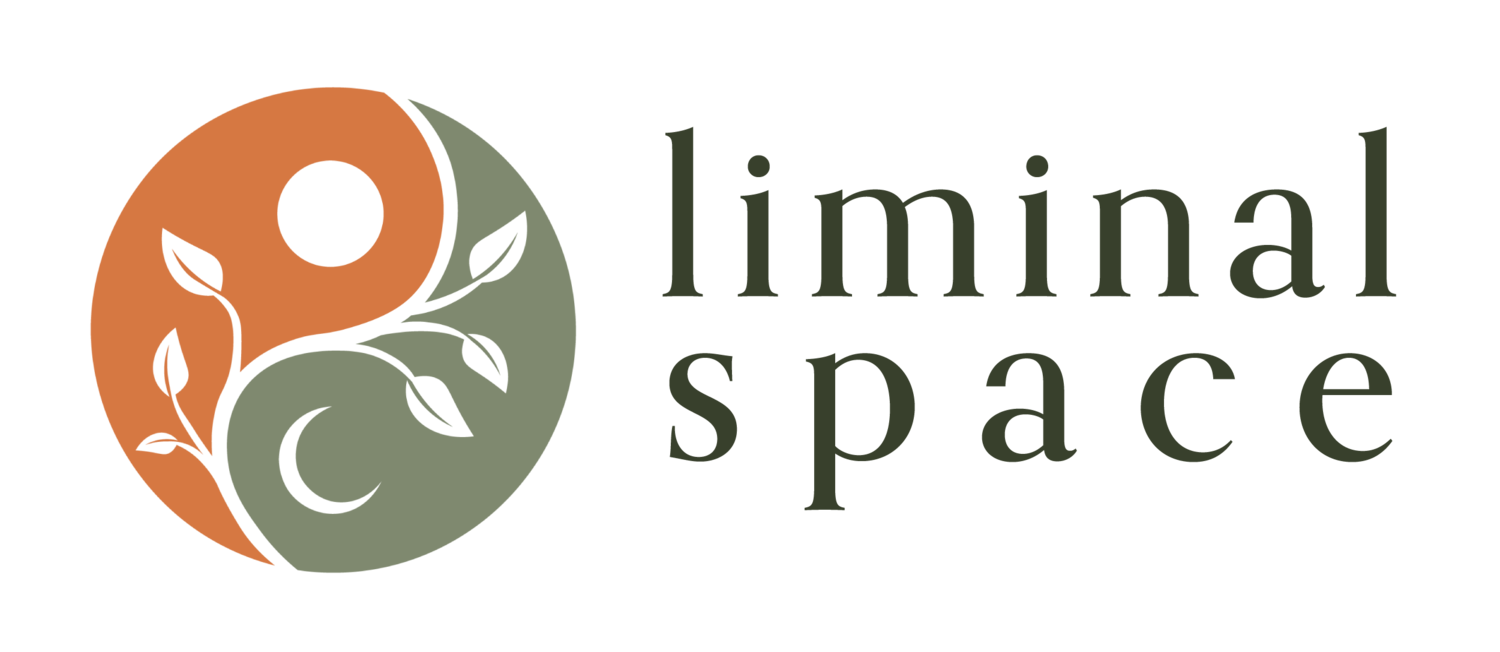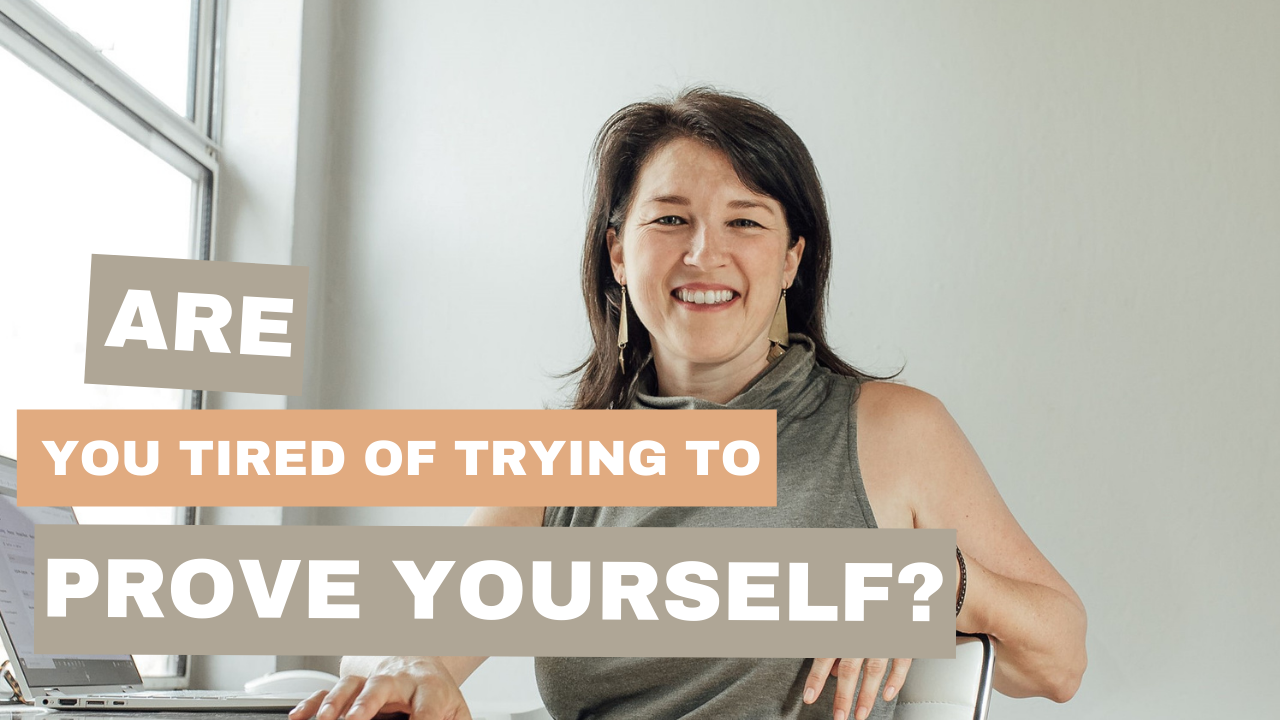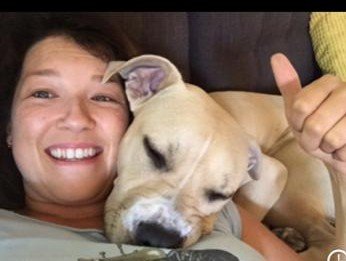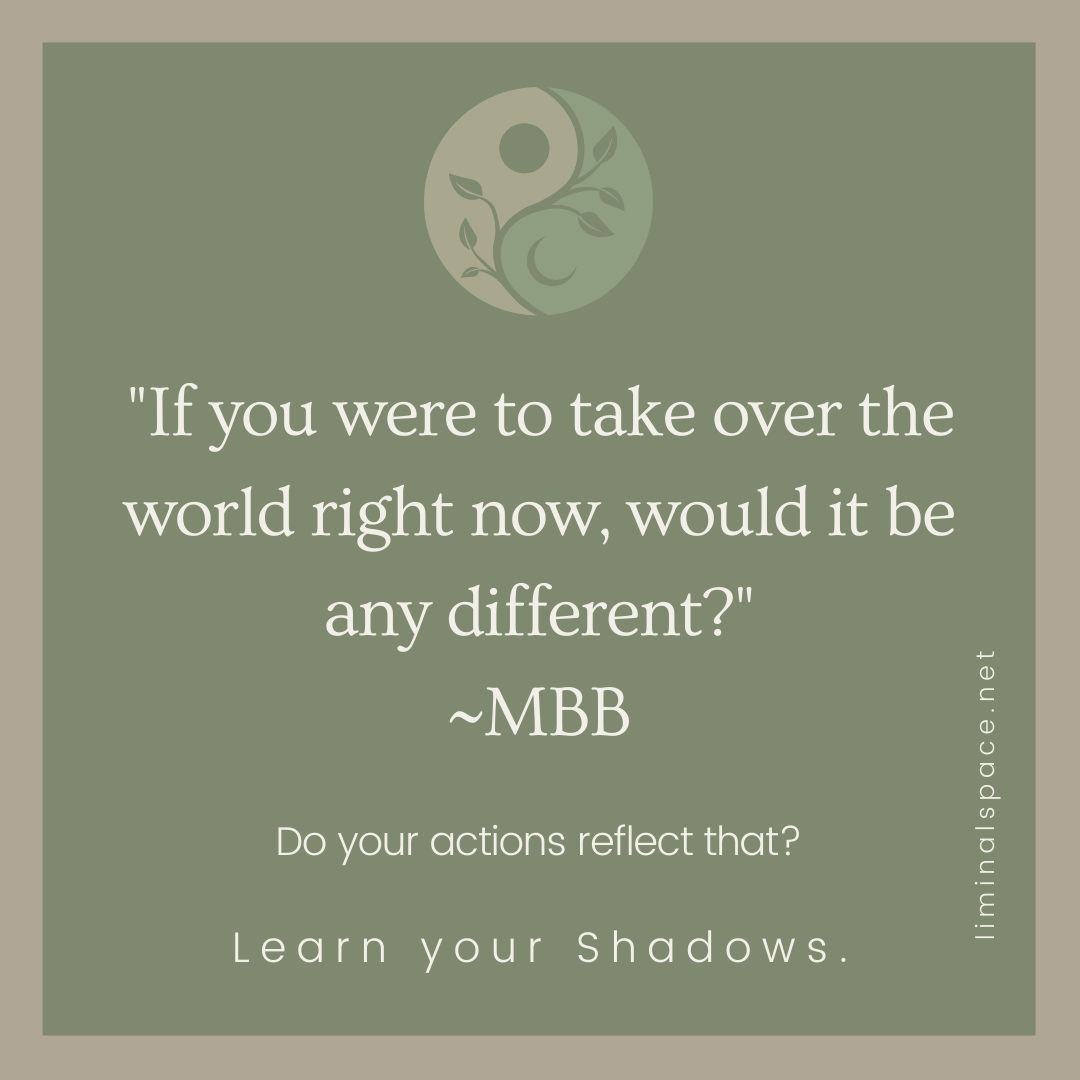Welcome to the Blog
What happens when we are the antagonist?
When we talk about toxic relationship behaviors like gaslighting, love-bombing, or ghosting, it's usually in the context of how bad it feels to be the VICTIM* of them, while pointing the finger at someone else as the culprit. But what happens when we are the ones carrying out TOXIC* behaviors?
Rarely do we hear someone admit they have a bad habit of gaslighting their partner (i.e., the act of manipulating someone causing them doubt their perspective). Many who do probably don’t know they are doing it, and even if they become aware of it, the behavior is so harmful and criticized that it’s unlikely they’d admit it out loud. So how do we reconcile it when we are the one doing harm?
Can you take a compliment?
The sitcom "New Girl" single-handedly carried me through the pandemic lockdown a couple years ago. It was such a pleasure to witness the dynamic of the main characters and I can easily relate to their awkwardness and immaturity. Jessica Day is the female lead whose inability to take a compliment makes me laugh out loud every time because she perfectly embodies how compliments make me feel.
There are some compliments I can receive with grace and ease because these are aspects of myself I acknowledge and accept as me. Other compliments make me want to run out of the room from the discomfort of it because somewhere along the line I decided that I don’t get to be those things and I believe they aren’t me (even though secretly I wish they were).
What is your “False-Self” protecting?
The late psychologist Dr. Donald Winnicott introduced the idea of the “False-Self” which he described as a personality façade people adopt to protect the vulnerability of their “True-Self”.
It’s most likely we have many False-Selves, but when I consider an over-arching one in my life, what comes to mind is how I spent most of it pretending to be UNAFFECTED*. As a SENSITIVE child, I was vulnerable to people who liked to push my buttons and I thought that if I appeared to not care they would stop, and/or I’d feel it less. My logic was reinforced by others who told me, “Why do you let them get to you so much?”, as if my feelings were the problem, not the button-pusher’s behaviors.
How do your ancestral experiences affect you?
Recently, I heard an interview with comedian Roy Wood Jr. where he shared a story about an accident his father was in that physically disabled him before Roy was born. His family told a version of the story that seemed innocuous, but recently he learned that his father’s experience was more emotionally scarring than had been previously told and the true version revealed a lot about why his father was the way he was and how that colored Roy's world view.
People only speak kindly of the dead, so Roy's words resonated with me because the only thing I hear about my mother is that she was a “sweet and perfect angel of a woman”.
The space between “supposed to” and what’s true.
The above Anais Nin quote comes to mind as I reflect on a recent conversation about hesitating to explore the inner-Shadow because it feels too confronting.
When I discovered the Shadow almost 15 years ago, I felt trapped in a life that didn't feel like mine because I was living an identity that wasn’t true to who I really am.
Here’s the thing about Bullies…
Here’s the thing about BULLIES: most bullies are very SENSITIVE people who don’t know how to deal with their sensitivity because at one time they were taught that it was not acceptable to be SENSITIVE* and being a BULLY* allows them to feel powerful instead of weak, which is how they perceive their sensitive side.
Are you tired of trying to prove yourself?
Author Debbie Ford once said that trying to hide our Shadows (the parts of us we don’t want others to see) is like trying to keep 20 beach balls completely under water at the same time.
Do you admit when you’re at capacity?
A phrase came to mind that I used to hear growing up, “you have unlimited capacity and are capable of handling everything that comes your way no matter what”. I understand the sentiment of that statement, but it can be Shadow producing to the OVERLY SELF-RELIANT* person. To them, it sounds like a directive that they can--and should--handle whatever they are facing on their own. The OVERLY SELF-RELIANT person’s worst fear is to be seen as someone who can’t hack it, so they hold it together best they can and let everyone believe they are fine.
Did you parent yourself as a child?
“Parentification” is when a child takes on tasks of the parent because the parent is unavailable. Children who experienced parentification learn that it’s better to be SELF-RELIANT than NEEDY*. Without their knowing, they come to believe that in order to attain and maintain love they must make themselves useful to the other person. As adults, parentified children may choose partners who have more needs than themselves and minimize their own, causing them to withhold major parts of themselves from their relationships.
Is your self-reliance stifling you?
When you’re raised by an unavailable parent—say they had a debilitating physical illness like mine, or struggled with addiction, mental illness, or were emotionally withdrawn—you learn to be prematurely SELF-RELIANT. If your independence was rewarded with compliments of how “good”, “tough”, and “strong” you are, or comments like “I never had to worry about you because you always knew how to care for yourself”, it cemented your notion that SELF-RELIANT is the one and only way to be. As you grew, it’s likely you continued to find evidence supporting that belief. Currently, your self-reliance might be serving you well in one or two areas of your life but strangling you in others
Do you regret how you acted?
Have you ever regretted the way you came across in a conversation or argument with someone else—some part of you was triggered and you reacted in a way that goes against how you want them to see you? Then, you feel shame as you replay it over in your mind while promising yourself that next time you'll be less affected, but each time it happens your faith in yourself wanes. I know how awful that feels and I am here to tell you that it's not necessary to ever go through that again.
Liminal Space, with intention.
I am so grateful for those of you who ventured out of your comfort zones and into the bewildering tech-world with me. I am honored by the faith and energy you’ve put into this shared adventure. For many years, I’ve had a vision for a playful, exploratory, and supportive community of seekers and that is just what we are building together. I’m intentional about the way I construct this virtual community.
Are you using gratitude against you?
It wasn’t until many years later that I learned that it's possible to have negative feelings about something AND feel grateful. For me, that meant learning to have grace around both: allowing space for my feelings and opinions to exist—negative or otherwise—AND, at the same time, feel grateful for my privileges.
A Poem: Into the Wild
“She sat at the back and they said she was shy. She led from the front and they hated her pride. They asked her advice and then questioned her guidance.
They branded her loud, then were shocked by her silence. When she shared no ambition they said it was sad. So she told them her dreams and they said she was mad.
Learn your Shadows.
You can shake your fist at the sky and scream, "Injustice!", but is that where you stop? Are you aware of your own contribution to the current structural imbalances of our society? We are being challenged to look at our REAL inner beliefs right now. What have you done to excavate your deep-seated ones? Are you letting the uncomfortable things be "someone else's problem" and then shocked every time they are exposed?
Shadow Locking
This is an example of something I call “Shadow Locking”. Shadow Locking is when we attract to someone who represents something we lack. In turn, we represent their opposite, which they lack.
On being “NEEDY”
Sisters, please stop calling yourself “needy” as if it's a bad thing. I've heard this term used as self-deprecation by so many women lately. You have needs and they matter. Whoever told you differently or called you "needy" as criticism WAS WRONG.
Loneliness & The Shadow.
Relationships are about sharing. I tell you about me, you tell me about you. Sharing allows us to feel heard and seen by another person. That’s intimacy. That’s connection.
Part of why we feel so connected to our pets is because they see every single part of us—they witness our behaviors when we are alone and they love us regardless.
Shadows create withholding. I’m scared that if you see (fill in the blank) part of me you will judge me and not accept or love me, so I am going to hide it from you. (E.g: I don’t want you to think I’m stupid so I act aloof.)
Imposter Syndrome & The Shadow.
Getting caught in the trap of needing to be “The Good Mother” or “The Best Business Owner” or whatever it is you think you are ONLY allowed to be can cause a lot of anxiety, stress, and shame. What if you allowed yourself to exist somewhere between amazing and shitty? Then you wouldn’t have to expend any energy trying to maintain your image and you can focus on the task at hand instead. Not to mention you’d have a more grounded experience in the process. Get to know all sides of yourself, so you can set down the shame and anxiety. Free up your energy and experience by getting to know your Shadows.
The Shadow of pandemic deniers.
Perhaps there is something deeper at play for those in denial of life threatening illnesses. Let’s try and find some compassion by remembering that we each have a unique history that brought us to our current beliefs. We will get farther if we seek to understand that history rather than continue fencing at the surface.





















